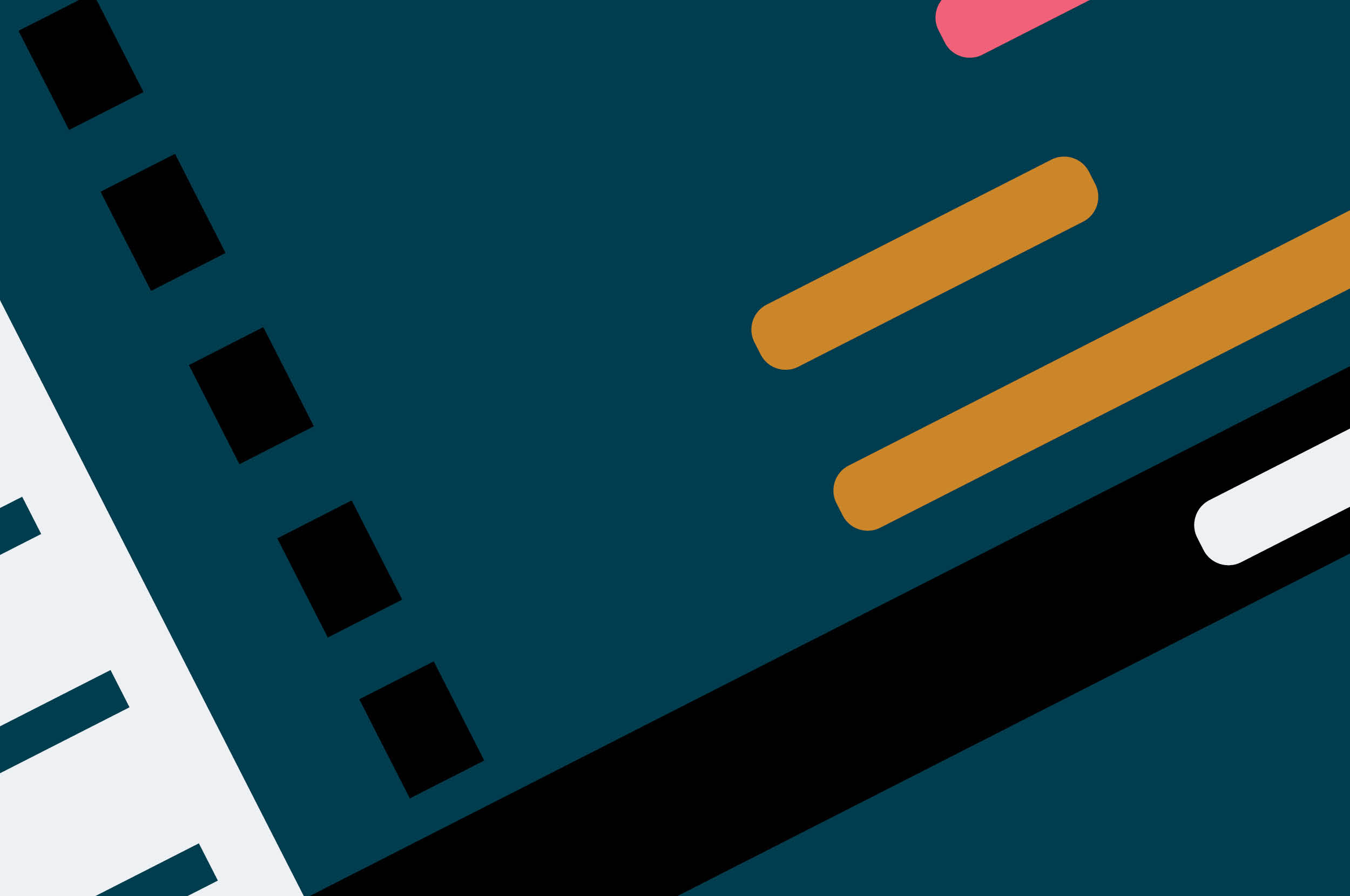Careers at Thoughtworks
[Career Pathways] Embracing discomfort is the best way to grow





Disclaimer: The statements and opinions expressed in this article are those of the author(s) and do not necessarily reflect the positions of Thoughtworks.



